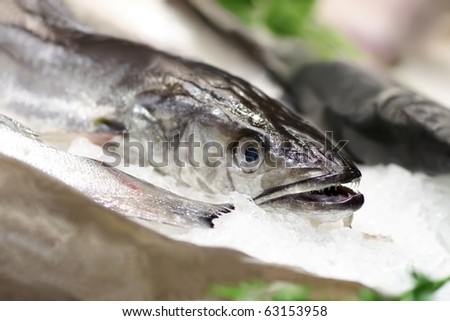A Timeline of U.S. and World Aquaculture indicates
that the multimillion-dollar fish farming industry began, no doubt, with the
very best intentions (like feeding people), but as with arguably every other
global enterprise, problems occur (and continue to occur) that are as varied
and unpredictable as your average fishing expedition. Some highlights:
Carp were farmed in China in rice paddies and
freshwater ponds as early as 3500 B.C. Egyptian hieroglyphics show tilapia
being rounded up into aquacultures, with Japan joining the ranks in 2000 B.C.
The first real fish farming as we know it may date
to the 1400s, when Indonesians trapped young milkfish in coastal ponds when the
tide was high. True modern-day methods may be traced back to a German farmer
who gathered trout eggs, fertilized them, then nurtured the hatched fish to
maturity.
Then in 1853, a trout farm in Ohio became the first
official fish farm in the U.S., as it was the first to artificially fertilize
its fish eggs. The concept grew to similar endeavors in New England in the late
1800s to raise lobsters and flounder, and Idaho for trout in 1909.
Franklin D. Roosevelt even had a farm pond program
in which the concept was encouraged and federal subsidies offered for farms
willing to build and stock fishponds. Similar operations began in the
Caribbean, South America, the Mediterranean, Norway and Scotland by the 1960s
and, by 1985, Australia.
No one could have predicted some of the problems:
Sea lice caused the collapse of an Irish Sea trout fishery; Alaska banned
netpen fish farms, shrimp farms collapsed worldwide due to disease; British
Columbia placed a moratorium on new salmon farms to conduct an environmental
review; and Canadian researchers procured a patent for transgenic (aka
genetically engineered or GE) salmon. And that was just in the 1990s.
Article Source: Dr Mercola at Mercola.com


No comments:
Post a Comment
Please leave a comment. Thank you.